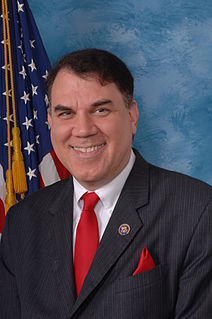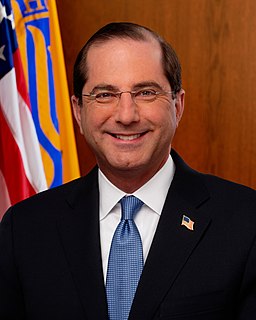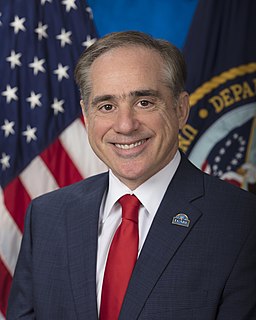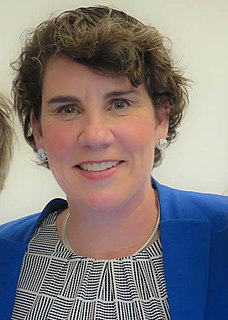A Quote by Jill Stein
You don't know what the real problems of a health care system are until you get sick.
Quote Topics
Related Quotes
In comparison to the U.S. health care system, the German system is clearly better, because the German health care system works for everyone who needs care, ... costs little money, and it's not a system about which you have to worry all the time. I think that for us the risk is that the private system undermines the solidarity principle. If that is fixed and we concentrate a little bit on better competition and more research, I think the German health care system is a nice third way between a for-profit system on the one hand and, let's say, a single-payer system on the other hand.
As a society, almost one 1 of 2 adults has a chronic disease of one form or another. And where we're spending $3 trillion a year not on a healthcare system, but on a sick-care system that tries to patch us up after we've been made ill by a variety of institutional things around us - including a sick food system, air pollution, etc. Where we could be doing so much better even before people get to the point of getting sick.
We have about 360,000 employees in the VA health care system. It's the largest health care system in the country. And the negative attention that's been put on VA has hurt the morale of our workforce. And so what we're trying to do is to get people to understand that we're doing great work every day.
































